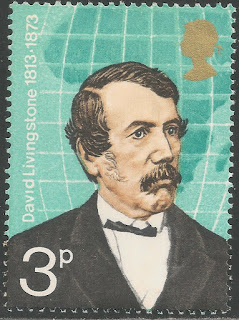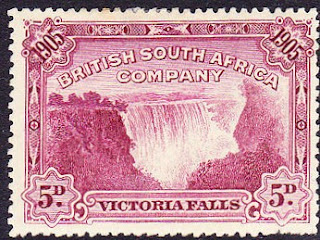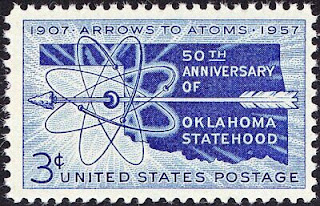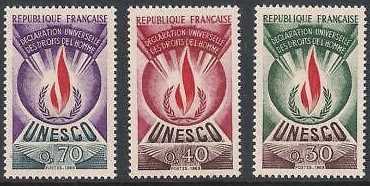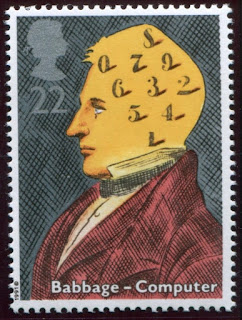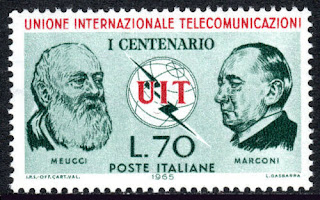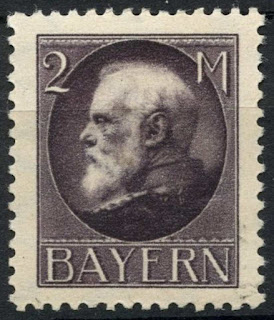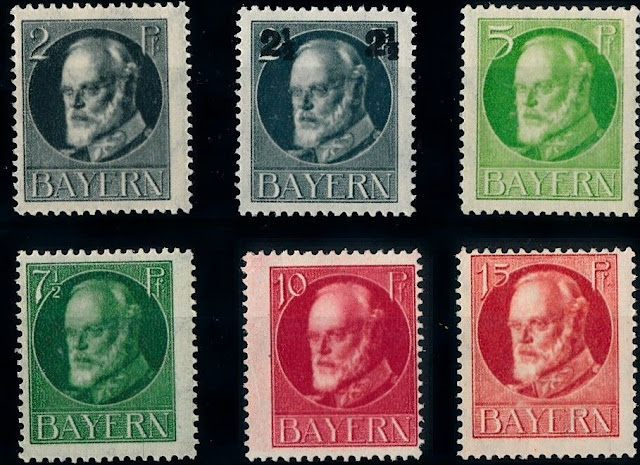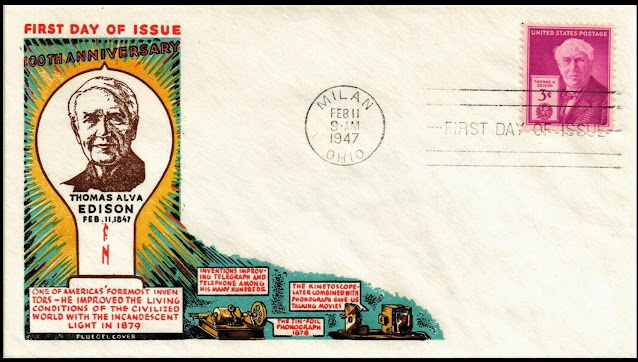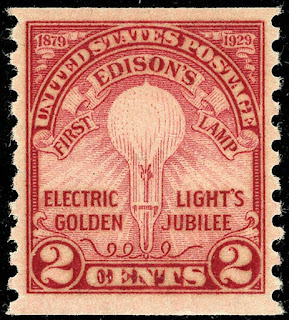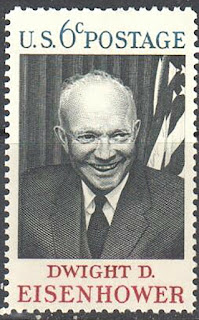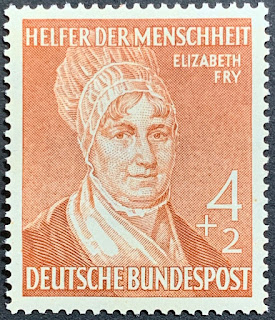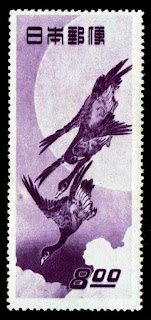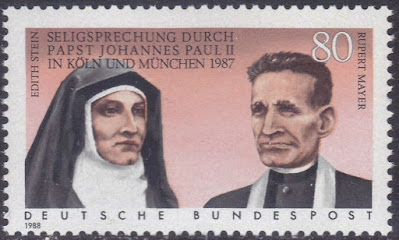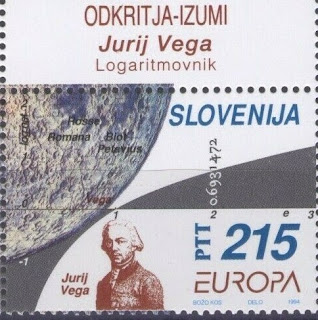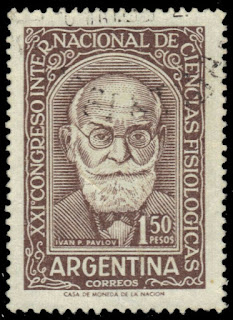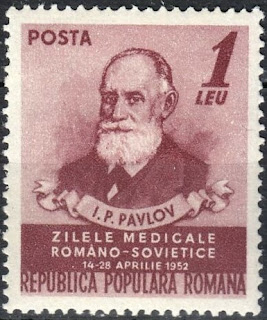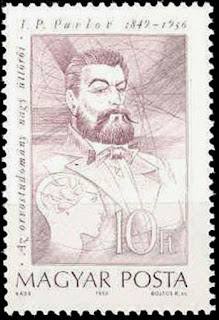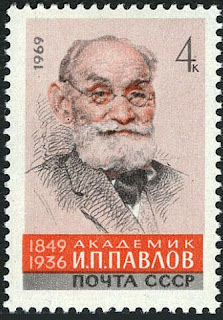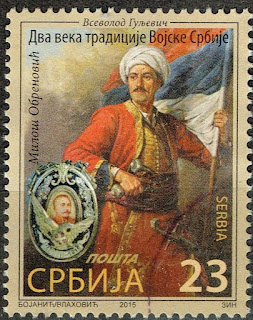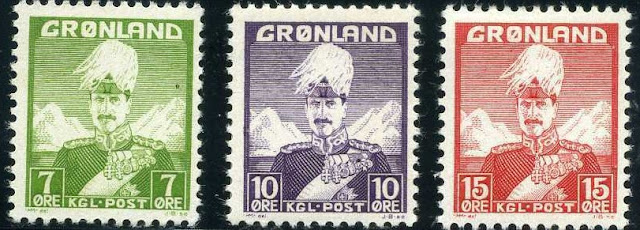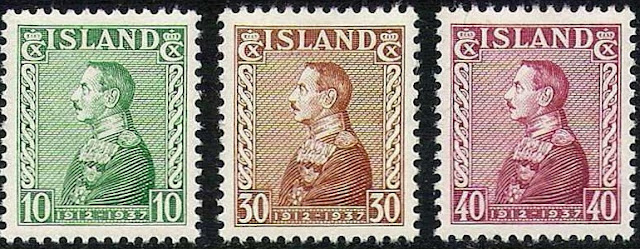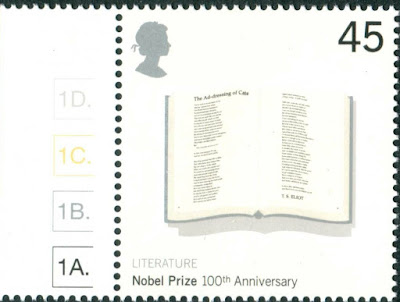Here are some events that happened on November 16th. It could be an event or a person that died or was born on that day
1836 Born: Kalākaua of Hawaii (d. 1891)
Kalākaua (David Laʻamea Kamananakapu Mahinulani Naloiaehuokalani Lumialani Kalākaua; November 16, 1836 – January 20, 1891), sometimes called The Merrie Monarch, was the last king and penultimate monarch of the Kingdom of Hawaiʻi, reigning from February 12, 1874, until his death. Succeeding Lunalilo, he was elected to the vacant throne of Hawaiʻi against Queen Emma. Kalākaua had a convivial personality and enjoyed entertaining guests with his singing and ukulele playing. At his coronation and his birthday jubilee, the hula that had been banned from public in the kingdom became a celebration of Hawaiian culture.
During his reign, the Reciprocity Treaty of 1875 brought great prosperity to the kingdom. Its renewal continued the prosperity but allowed the United States to have exclusive use of Pearl Harbor. In 1881, he took a trip around the world to encourage the immigration of contract sugar plantation workers. Kalākaua wanted Hawaiians to broaden their education beyond their nation. He instituted a government financed program to sponsor qualified students to be sent abroad to further their education. Two of Kalākaua's projects, the statue of Kamehameha I and the rebuilding of ʻIolani Palace, were expensive endeavors but are popular tourist attractions today.
Extravagant expenditures and his plans for a Polynesian confederation played into the hands of annexationists who were already working towards a United States takeover of Hawaiʻi. In 1887, he was pressured to sign a new constitution that made the monarchy little more than a figurehead position. He had faith in his sister Liliʻuokalani's abilities to rule as regent when he named her as his heir-apparent following the death of their brother, William Pitt Leleiohoku II, in 1877. After his death, she became the last monarch of Hawaiʻi.
Stamps from Hawaii depicting Kalākaua
1855 – David Livingstone becomes the first European to see the Victoria Falls in what is now Zambia-Zimbabwe.
David Livingstone (19 March 1813 – 1 May 1873) was a Scottish physician, Congregationalist, and pioneer Christian missionary with the London Missionary Society, an explorer in Africa, and one of the most popular British heroes of the late 19th-century Victorian era. He had a mythic status that operated on a number of interconnected levels: Protestant missionary martyr, working-class "rags-to-riches" inspirational story, scientific investigator and explorer, imperial reformer, anti-slavery crusader, and advocate of British commercial and colonial expansion.
Livingstone's fame as an explorer and his obsession with learning the sources of the Nile River was founded on the belief that if he could solve that age-old mystery, his fame would give him the influence to end the East African Arab-Swahili slave trade. "The Nile sources," he told a friend, "are valuable only as a means of opening my mouth with power among men. It is this power which I hope to remedy an immense evil.":289 His subsequent exploration of the central African watershed was the culmination of the classic period of European geographical discovery and colonial penetration of Africa. At the same time, his missionary travels, "disappearance", and eventual death in Africa—and subsequent glorification as a posthumous national hero in 1874—led to the founding of several major central African Christian missionary initiatives carried forward in the era of the European "Scramble for Africa".
Stamp from Great Britain depicting David Livingstone
Victoria Falls (Lozi: Mosi-oa-Tunya, "The Smoke That Thunders"; Tonga: Shungu Namutitima, "Boiling Water") is a waterfall on the Zambezi River in southern Africa, which provides habitat for several unique species of plants and animals. It is located on the border between Zambia and Zimbabwe and is considered to be one of the world's largest waterfalls due to its width of 1,708 metres (5,604 ft).
Stamps from Rhodesia depicting Victoria Falls
1907 – Indian Territory and Oklahoma Territory join to form Oklahoma, which is admitted as the 46th U.S. state.
Oklahoma is a state in the South Central region of the United States, bordered by the state of Texas on the south and west, Kansas on the north, Missouri on the northeast, Arkansas on the east, New Mexico on the west, and Colorado on the northwest. Located partially in the western extreme of the Upland South, it is the 20th-most extensive and the 28th-most populous of the 50 United States. Its residents are known as Oklahomans (or colloquially, "Okies"), and its capital and largest city is Oklahoma City.
The state's name is derived from the Choctaw words okla and humma, meaning "red people". It is also known informally by its nickname, "The Sooner State", in reference to the non-Native settlers who staked their claims on land before the official opening date of lands in the western Oklahoma Territory or before the Indian Appropriations Act of 1889, which increased European-American settlement in the eastern Indian Territory. Oklahoma Territory and Indian Territory were merged into the State of Oklahoma when it became the 46th state to enter the union on November 16, 1907.
With ancient mountain ranges, prairie, mesas, and eastern forests, most of Oklahoma lies in the Great Plains, Cross Timbers, and the U.S. Interior Highlands, all regions prone to severe weather. Oklahoma is on a confluence of three major American cultural regions and historically served as a route for cattle drives, a destination for Southern settlers, and a government-sanctioned territory for Native Americans. Twenty-five Native American languages are spoken in Oklahoma.
A major producer of natural gas, oil, and agricultural products, Oklahoma relies on an economic base of aviation, energy, telecommunications, and biotechnology. Oklahoma City and Tulsa serve as Oklahoma's primary economic anchors, with nearly two-thirds of Oklahomans living within their metropolitan statistical areas. These cities, collectively known as the Oklahoma Metropolitan Corridor, are included in the Texas Triangle megaregion.
US stamps issued to commemorate Oklahoma statehood
1945 – UNESCO is founded.
The United Nations Educational, Scientific and Cultural Organization (UNESCO; French: Organisation des Nations unies pour l'éducation, la science et la culture) is a specialised agency of the United Nations (UN) aimed at promoting world peace and security through international cooperation in education, the sciences, and culture. It has 193 member states and 11 associate members, as well as partners in the nongovernmental, intergovernmental, and private sector. Headquartered in Paris, France, UNESCO has 53 regional field offices and 199 national commissions that facilitate its global mandate.
UNESCO was founded in 1945 as the successor to the League of Nations' International Committee on Intellectual Cooperation. Its constitution establishes the agency's goals, governing structure, and operating framework. UNESCO's founding mission, which was shaped by the Second World War, is to advance peace, sustainable development and human rights by facilitating collaboration and dialogue among nations. It pursues this objective through five major program areas: education, natural sciences, social/human sciences, culture and communication/information. UNESCO sponsors projects that improve literacy, provide technical training and education, advance science, protect independent media and press freedom, preserve regional and cultural history, and promote cultural diversity.
As a focal point for world culture and science, UNESCO's activities have broadened over the years to include assisting in the translating and disseminating of world literature, establishing international cooperation agreements to secure World Heritage Sites of cultural and natural importance, defending human rights, bridging the worldwide digital divide, and creating inclusive knowledge societies through information and communication. UNESCO has launched several initiatives and global movements, such as Education For All, to further advance its core objectives.
UNESCO is governed by the General Conference, composed of member states and associate members, which meets biannually to set the agency's programmes and the budget. It also elects members of the Executive Board, which manages UNESCO's work, and appoints every four years the Director-General, who serves as UNESCO's chief administrator. UNESCO is a member of the United Nations Development Group, a coalition of UN agencies and organisations aimed at fulfilling the Sustainable Development Goals.
French stamps issued to commemorate UNESCO


